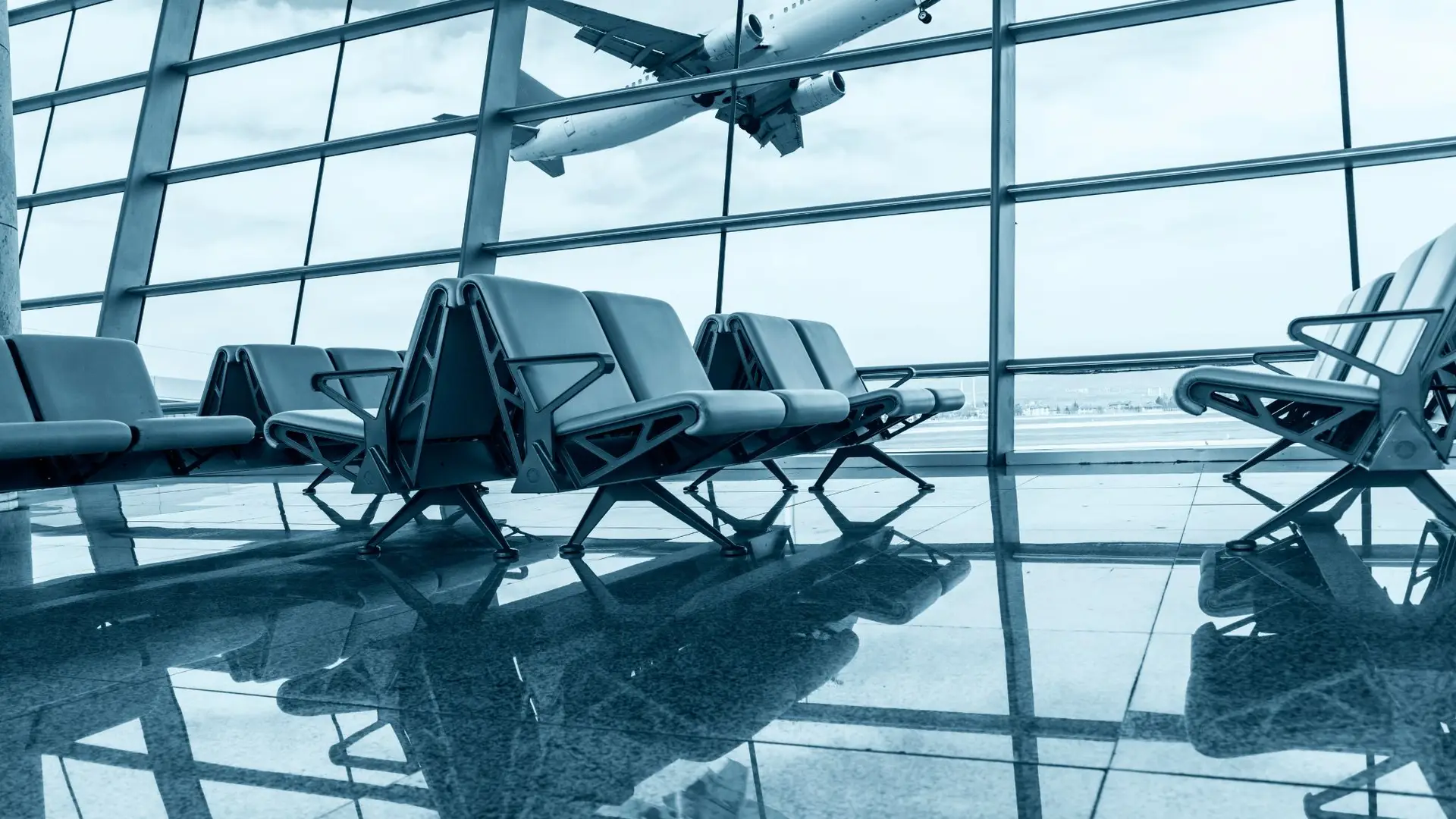
Holidays and Chronic Pain
Traveling with chronic pain can be challenging, but with some planning and strategies, it’s possible to make the experience more manageable and enjoyable. Here are some expert tips:
Before Travel:
Consult Your Physician:
- Before your trip, consult your doctor for advice and potential adjustments to your medication or treatment plan.
Plan Your Itinerary Wisely:
- Opt for destinations with amenities and facilities that accommodate your needs, like wheelchair accessibility or nearby medical facilities.
Pack Essentials:
- Carry all necessary medications, medical supplies, heat or ice packs, and any assistive devices you use regularly.
Choose Comfortable Travel Gear:
- Invest in ergonomic travel gear like supportive pillows, compression socks, or specialized seat cushions for the journey.
During Travel:
Practice Stretching and Moving:
- Engage in gentle stretching or movement exercises during travel to alleviate stiffness and improve circulation.
Manage Your Time:
- Schedule breaks or rest periods during your travel itinerary to prevent overexertion.
Stay Hydrated and Eat Well:
- Maintain a balanced diet and stay hydrated; dehydration can exacerbate pain.
Use Travel Aids:
- Consider aids like walking sticks, travel wheelchairs, or luggage with wheels to reduce physical strain.
While at Your Destination:
Prioritize Rest:
- Balance activities with ample rest periods to prevent fatigue and pain flare-ups.
Seek Assistance:
- Don’t hesitate to ask for assistance from travel staff, hotel personnel, or tour guides if needed.
Adjust Activities:
- Modify activities based on your comfort level; opt for low-impact options and avoid overexertion.
Use Relaxation Techniques:
- Practice relaxation techniques like deep breathing, meditation, or mindfulness to manage pain.
General Tips:
Know Your Limits:
- Recognize your limitations and don’t push yourself too hard. It’s okay to decline certain activities if they might worsen your pain.
Plan for Contingencies:
- Have a backup plan in case of unexpected pain flare-ups or emergencies.
Stay Positive and Flexible:
- Maintain a positive mindset and be flexible with your plans; unexpected changes might occur, and adapting will help manage stress.
Documentation:
- Keep a copy of your medical records, prescriptions, and emergency contacts handy.Travel Insurance:
- Consider comprehensive travel insurance that covers medical emergencies or potential changes in plans due to health issues.
Remember, everyone’s experience with chronic pain is unique, so tailor these tips to fit your specific needs and consult your healthcare provider for personalized advice before embarking on your trip.

When traveling by air or boat with chronic pain, it’s essential to consider the unique challenges these modes of transportation might pose. Here are some specific tips:
Traveling by Air:
Request Special Assistance:
- Airlines offer special assistance services for passengers with disabilities or medical conditions. Request wheelchair assistance or priority boarding to reduce physical strain.
Choose Comfortable Seats:
- Opt for seats with extra legroom or consider upgrading to a more comfortable class to ease discomfort during the flight.
Move Regularly:
- During the flight, make an effort to move around, stretch, and adjust your position to prevent stiffness.
Bring Pain Relief Aids:
- Pack pain relief aids like cushions, neck pillows, or blankets to provide support during the flight.
Stay Hydrated:
- Drink plenty of water to stay hydrated, as cabin air can be dry and exacerbate pain.
Traveling by Boat/Cruise:
Choose Accommodating Cruises:
- Look for cruise lines that offer accessible cabins, amenities, and facilities suited for individuals with mobility issues.
Plan Shore Excursions Wisely:
- Select excursions that match your comfort level and avoid activities that might strain your body excessively.
Utilize Mobility Aids:
- If needed, bring or rent mobility aids like wheelchairs or scooters for exploring the ship or ports.
Notify Cruise Staff:
- Inform the cruise staff about your condition; they might provide additional assistance or accommodations.
Prioritize Rest:
- Allocate time for adequate rest between activities and shore excursions to manage pain and fatigue.
In both cases, it’s crucial to communicate your needs to the airline or cruise staff beforehand. Airlines and cruise companies often have specific policies and services designed to assist passengers with medical conditions. Additionally, adhering to your pain management routine and being prepared with necessary medications or aids is key to a smoother travel experience.
The Life of Chronic Pain
Click below to view the other sections within the life of Chronic Pain
Click Here